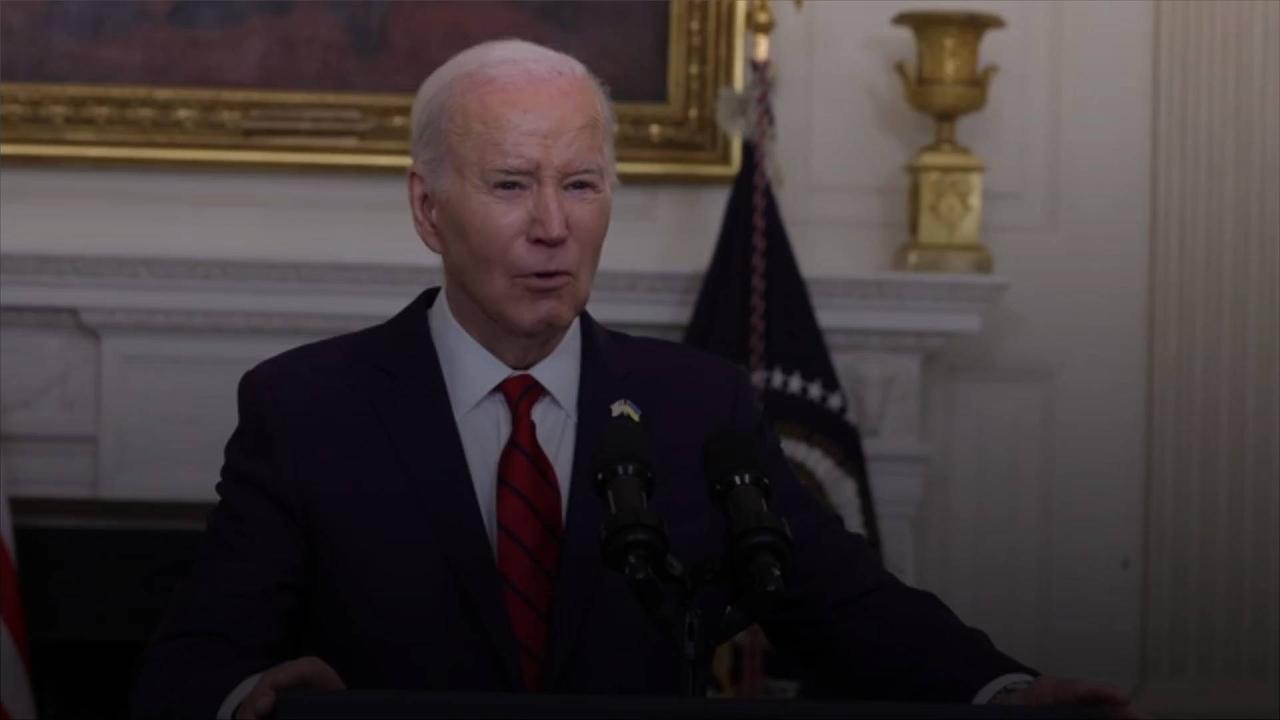
Biden Asserts Executive Privilege , Over Audio of Interview With Robert Hur.
In February, Hur's yearlong investigation into whether President Biden mishandled classified documents ended without enough evidence to support criminal charges.
In February, Hur's yearlong investigation into whether President Biden mishandled classified documents ended without enough evidence to support criminal charges.
House Republicans were provided a transcript of Biden's interview with Hur, but they wanted the audio, which the DOJ denied.
As a result, House Republicans were moving to hold Attorney General Merrick Garland in contempt of Congress.
On May 16, the Department of Justice told House Republicans that the president asserted executive privilege over audio from his interview with the special counsel.
The move protects Garland from criminal exposure as GOP lawmakers seek to hold him accountable.
Assistant Attorney General Carlos Uriarte explained the DOJ's actions in a letter.
The Attorney General must draw a line that safeguards the Department from improper political influence and protects our principles, our law enforcement work, and the people who carry out that work independently, without fear or favor, Assistant Attorney General Carlos Uriarte, via letter .
The Committees seek to hold the Attorney General in contempt not for failing in his duties, but for upholding them, Assistant Attorney General Carlos Uriarte, via letter .
With the information you now have, the Committees ought not to proceed with contempt and should instead avoid unnecessary and unwarranted conflict, Assistant Attorney General Carlos Uriarte, via letter .
White House Counsel Ed Siskel also wrote a letter supporting the assertion of executive privilege.
.
The absence of a legitimate need for the audio recordings lays bare your likely goal—to chop them up, distort them, and use them for partisan political purposes, White House Counsel Ed Siskel, via letter




